About microPublication
Aims and Scope
microPublication Biology is an open-access journal that publishes research in the life sciences. The journal publishes brief scholarly reports on research findings based on data presented in a single multi-panel figure. Article content includes novel findings, new methods, and reagents. Unlike many other journals, negative results, replications that are successful (including being scooped), and replications that are unsuccessful, are also published. Studies can be observational or interventional/mechanistic. Articles are peer-reviewed for the data supporting the conclusions, scientific rigor, clarity of writing, and vetted for adherence to community standards in nomenclature and data reporting. All articles are findable through general indexers such as PubMed, PubMed Central, and Google Scholar.
microPublication Biology is also a home for publishing well-designed research conducted by undergraduates, where the single-figure short-article format facilitates educational uses. The journal provides a platform for mentor-guided undergraduate and graduate students to learn, as first-time authors, how to transform their research findings into a scholarly written article. microPublication Biology articles have been used as teaching cases in undergraduate classes for article writing, reviewing, and critical thinking. Additionally, the journal provides a mechanism for graduate students, postdoctoral fellows, and new faculty to hone their emerging skills in writing research articles and, correspondingly, to expand their publication record.
microPublication Biology is advancing scholarly communication by short-circuiting the publication-to-database data incorporation process, placing new findings directly into information discovery space upon publication. The journal collaborates with community-directed databases (e.g., the Alliance of Genome Resources, WormBase, FlyBase, PomBase, ZFIN, etc.); curators define copyediting guidelines that meet community nomenclature standards and reporting, reducing nomenclature errors and alerting the databases to newly identified bioentities. Thus, microPublication Biology, in part, turns the scientific publishing process into a curatorial one.
Criteria for Publication
microPublication journals only accept high-quality data and work. Reported results are original work that has not been published elsewhere. Each submission includes a complete description of the result with accompanying reagents, resources, tools, and methodologies that were used in the experiment and any analysis. Appropriate controls and replicates are expected for all results. We publish only those articles that have been through our peer-review system. See author guidelines for specific information about acceptable data. See our guidelines on peer-review for more information.
Plagiarism Detection
As part of microPublication Biology's commitment to protecting the integrity of the scholarly record, we employ iThenticate to detect plagiarism. iThenticate Similarity Reports provide an overall similarity index for each submission and inform editors on text copied from other sources without attribution. Plagiarized content will not be considered for publication. If plagiarism is identified, we will follow COPE guidelines.
Protection of Human and Animal Subjects
Authors must follow guidelines recommended by the International Committee of Medical Journal Editors in the Uniform Requirements for Manuscripts Submitted to Biomedical Journals at http://www.icmje.org: “When reporting experiments on human subjects, authors should indicate whether the procedures followed were in accordance with the ethical standards of the responsible committee on human experimentation (institutional and national) and with the Helsinki Declaration of 1975, as revised in 2008. If doubt exists whether the research was conducted in accordance with the Helsinki Declaration, the authors must explain the rationale for their approach and demonstrate that the institutional review body explicitly approved the doubtful aspects of the study. When reporting experiments on animals, authors should indicate whether the institutional and national guide for the care and use of laboratory animals was followed.”
Informed Consent/Privacy and Confidentiality
Authors must follow guidelines recommended by the International Committee of Medical Journal Editors in the Uniform Requirements for Manuscripts Submitted to Biomedical Journals at http://www.icmje.org: “Patients have a right to privacy that should not be violated without informed consent. Identifying information, including names, initials, or hospital numbers, should not be published in written descriptions, photographs, or pedigrees unless the information is essential for scientific purposes and the patient (or parent or guardian) gives written informed consent for publication. Informed consent for this purpose requires that an identifiable patient be shown the manuscript to be published. Authors should disclose to these patients whether any potential identifiable material might be available via the Internet as well as in print after publication. Patient consent should be written and archived with the journal, the authors, or both, as dictated by local regulations or laws." “Nonessential identifying details should be omitted. Informed consent should be obtained if there is any doubt that anonymity can be maintained…If identifying characteristics are altered to protect anonymity, such as in genetic pedigrees, authors should provide assurance, and editors should so note, that such alterations do not distort scientific meaning.”
See our Privacy Notice and the General Data Protection Regulation Notice.
Prior Publication Policy
microPublication does not accept submissions of work that have been published in peer-reviewed journals or repositories. We do not consider publication as an academic thesis, electronic preprint, or abstract as a prior publication.
Readership
microPublication is an open-access journal available to anyone with online access. microPublication Biology in particular, publishes research relevant to all members of the science community interested in the biological sciences.
Publication Support
microPublication is currently supported by funding from the National Library of Medicine. As part of our long-term sustainability plan, starting April 2nd, 2022 we will charge $250 per article, upon publication acceptance, to cover costs but not new initiatives. No article will be refused because of an author's inability to pay page charges.
Why microPublish?
microPublication Biology accelerates scientific discovery by making technically sound research results freely open to the public through peer-reviewed publications and integration with other biomedical information via authoritative databases. Our articles provide researchers with credit for their findings through microPublication citations discoverable on PubMed.
What Should You microPublish?
- Exciting new research findings or reagents you want to rapidly place in the public domain; submitted microPublications can often be reviewed and published in microPublication Biology within a week.
- Experimental findings that did not fit into the narrative of an existing publication, and instead have remained in your lab notebook/file drawer/computer, ultimately unknown to the scientific community.
- New experimental findings that you do not anticipate fitting into future publications. Note: if your plans change, these findings can be included as a citable peer-reviewed publication that supports your work.
- An experimental finding that is viewed as a “negative result”, but is important for the field. For example, a null mutation in an organism that does not result in an obvious mutant phenotype (a wild-type null phenotype). Publication of these “negative results” provides potentially hypothesis-generating genetic information as well as can save other researchers from spending time and money repeating the same analysis.
- Experimental findings that provide valuable supporting information for a field – successful replication of recently published work, or just as important, cautionary information – unsuccessful replication of published work.
- Experimental findings included in an existing publication as an “unpublished observation” or ‘data not shown’ and thus not visible to the scientific community and not officially published.
- Experimental findings derived from small projects, for example undergraduate summer research projects, graduate rotation projects, that stand alone and are not necessarily part of a larger effort.
- You can include microPublication Biology articles in yourCurriculum Vitae. Note: To avoid confusion with other publications, we recommend that your microPublication articles are included in a separate section with the heading “microPublications”
Who Can microPublish?
microPublication submissions are open to all levels of researchers. Whether you are a Principal Investigator (PI), postdoctoral researcher, a current or recent graduate student, undergraduate, or work in industry, micropublishing provides a route for you to receive credit for your findings and to get those data that do not fit into full-length articles into the public domain. Please note that manuscripts need to be approved for submission by the funding-supported PI or group head. PI approval can be entered through the online data submission form on the microPublication Biology site.
microPublication Biology Editorial Board
 Paul Sternberg
Paul SternbergEditor-In-Chief
California Institute of Technology, Pasadena, CA USA
 Tim Schedl
Tim SchedlWashington University School of Medicine, St Louis, MO USA
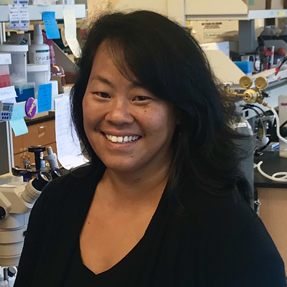 Diana Chu
Diana ChuSan Francisco State University, CA USA
 Barbara Conradt
Barbara ConradtLudwig Maximilian University of Munich, Germany
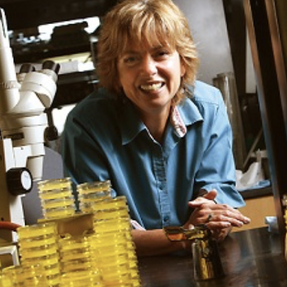 Monica Driscoll
Monica DriscollRutgers University, NJ USA
 Marie Anne Felix
Marie Anne FelixInstitut de Biologie de l’Ecole Normale Supérieure, France
 Craig Mello
Craig MelloUniversity of Massachusetts Medical School Worcester, MA USA
 Hitoshi Sawa
Hitoshi SawaNational Institute of Genetics, Japan
 Jordan Ward
Jordan WardUniversity of California Santa Cruz, CA USA
 Brian Oliver
Brian OliverNational Institute of Diabetes and Digestive and Kidney Diseases Bethesda, MD USA
Alumni
 Andy Golden
Andy GoldenNational Institute of Diabetes and Digestive and Kidney Diseases Bethesda, MD USA
 Patricia Kuwabara
Patricia KuwabaraUniversity of Bristol, UK
Core Editorial Team
 Paul Sternberg
Paul SternbergEditor-In-Chief
California Institute of Technology, Pasadena, CA USA
 Tim Schedl
Tim SchedlScience Officer C elegans
Washington University School of Medicine, St Louis, MO USA
 Daniela Raciti
Daniela RacitiExecutive Editor, Curator
California Institute of Technology, Pasadena, CA USA
 Karen Yook
Karen YookExecutive Editor, Curator
California Institute of Technology, Pasadena, CA USA
 Nicholas Stiffler
Nicholas StifflerSenior Developer
California Institute of Technology, Pasadena, CA USA
 Cecilia Nakamura
Cecilia NakamuraBilling
California Institute of Technology, Pasadena, CA USA
Editorial Staff
 Thom Kaufman
Thom KaufmanScience Officer D. melanogaster
Indiana University, Bloomington, IN USA
 Brian Oliver
Brian OliverScience Officer D. melanogaster
National Institute of Diabetes and Digestive and Kidney Diseases Bethesda, MD USA
 Kami Ahmad
Kami AhmadScience Officer D. melanogaster
Fred Hutchinson Cancer Research Center, Seattle, WA USA
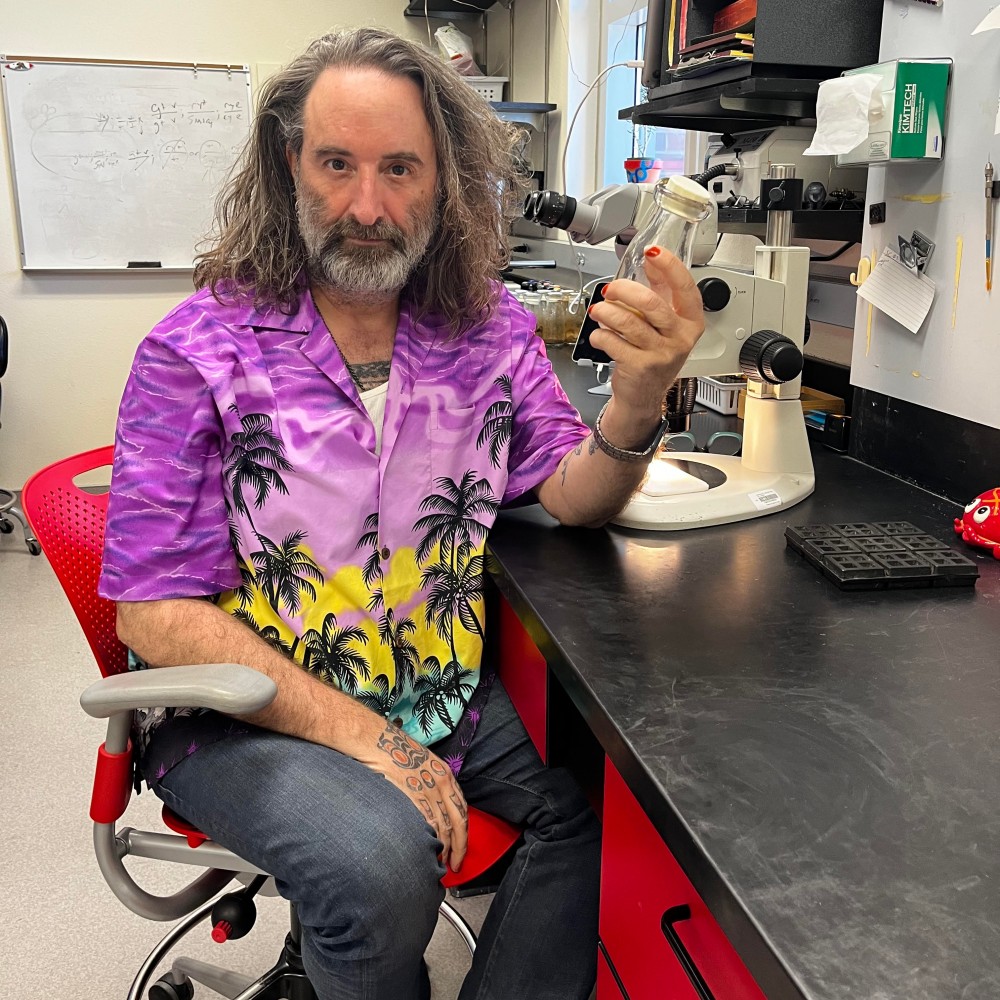 Keith A. Maggert
Keith A. MaggertScience Officer D. melanogaster
University of Arizona, Tucson, AZ USA
 Stephanie Mauthner
Stephanie MauthnerManaging Editor D. melanogaster
Indiana University Bloomington, IN USA
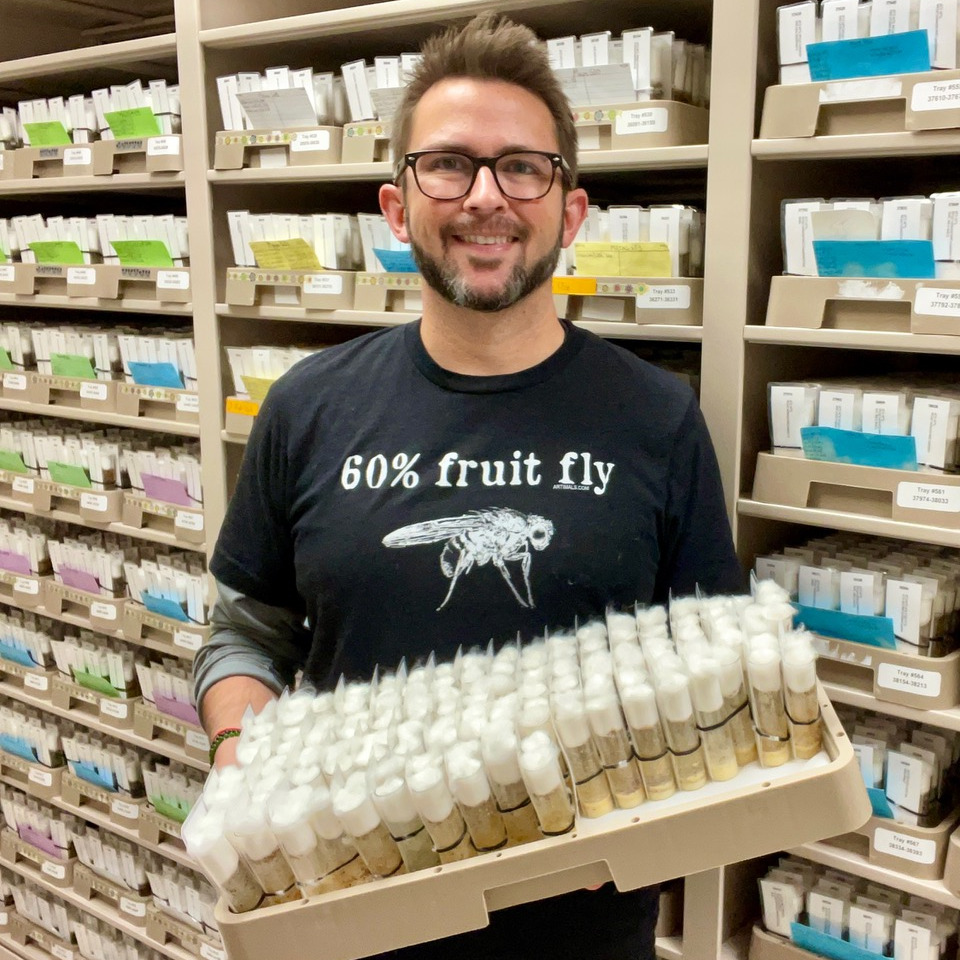 Cale Whitworth
Cale WhitworthManaging Editor D. melanogaster
Indiana University Bloomington, IN USA
 Jing Yang
Jing YangScience Officer Xenopus
University of Illinois at Urbana-Champaign, Urbana, IL USA
 Christina James-Zorn
Christina James-ZornManaging Editor, Curator Xenopus
Cincinnati Childrens, Cincinnati, OH USA
 Jaehyoung Cho
Jaehyoung ChoManaging Editor, Curator C. elegans
California Institute of Technology, Pasadena, CA USA
 Gary Schindelman
Gary SchindelmanManaging Editor, Curator C. elegans
California Institute of Technology, Pasadena, CA USA
 Cathy Savage-Dunn
Cathy Savage-DunnScience Officer C. elegans
Queens College at the City University of New York, Flushing, NY USA
 Yishi Jin
Yishi JinScience Officer C. elegans
University of California, San Diego, CA USA
 Cheryl Van Buskirk
Cheryl Van BuskirkScience Officer C. elegans
California State University, Northridge, CA USA
 Lina Dahlberg
Lina DahlbergScience Officer C. elegans, undergraduate research experience
Western Washington University, Bellingham, WA USA
 Matt Marcello
Matt MarcelloScience Officer C. elegans, undergraduate research experience
PACE University, New York, NY USA
 Christian Froekjaer Jensen
Christian Froekjaer JensenScience Officer C. elegans
KAUST, Saudi Arabia
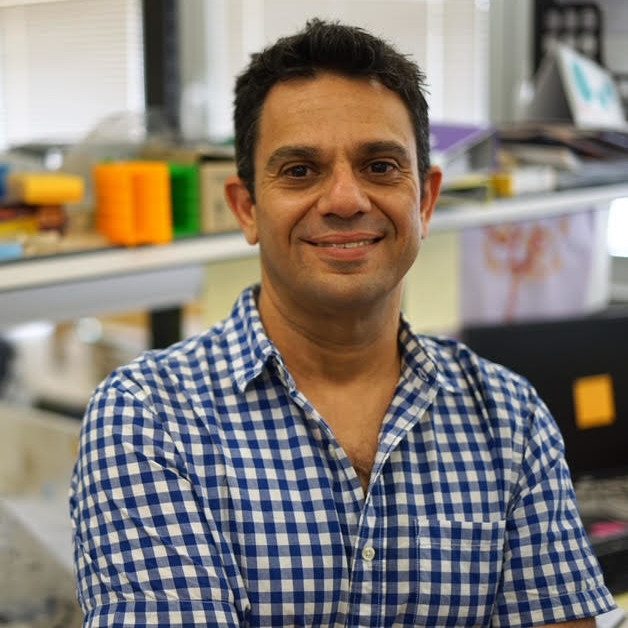 Alon Zaslaver
Alon ZaslaverScience Officer C. elegans
Hebrew University of Jerusalem, Jerusalem, Israel
 Yen-Ping Hsueh
Yen-Ping HsuehScience Officer C. elegans
Max Planck Institute for Biology, Tübingen, Germany
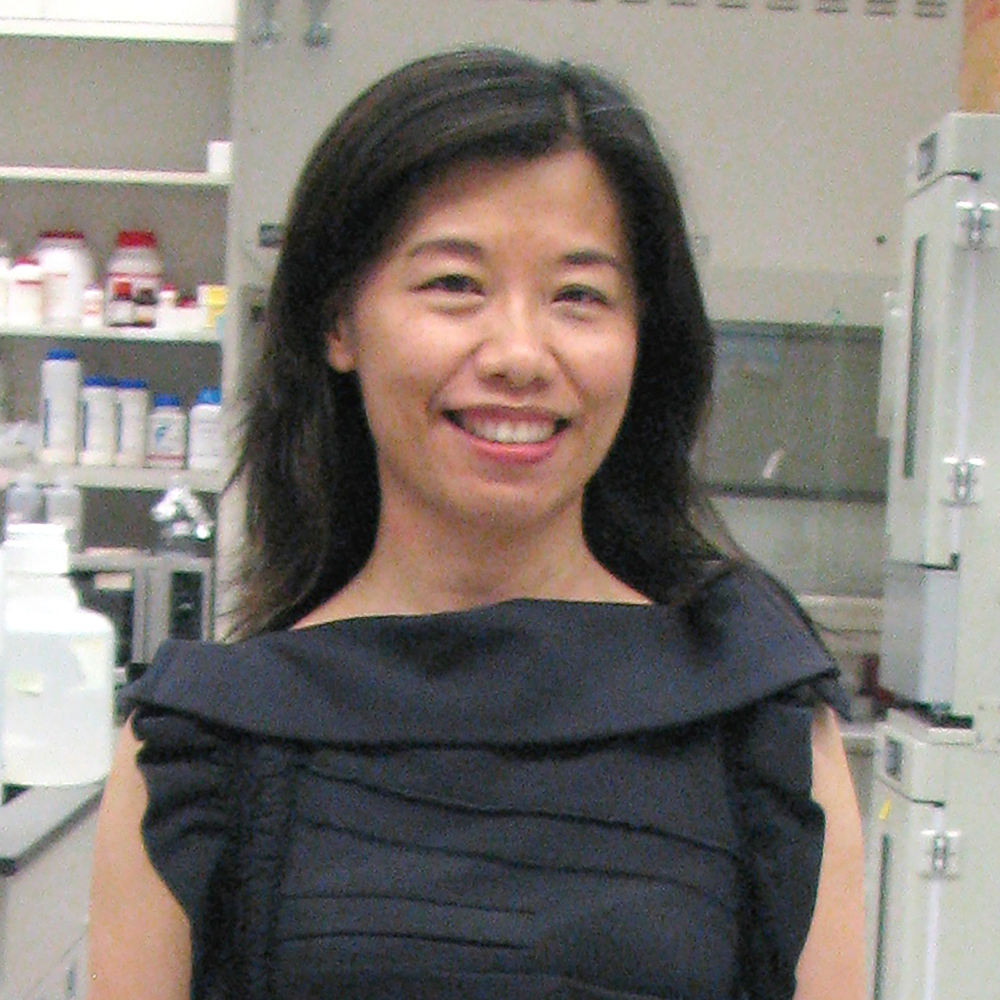 Chiou-Fen Chuang
Chiou-Fen ChuangScience Officer C. elegans, Fungi
University of Illinois at Chicago, Chicago, Illinois, USA
 Bhagwati Gupta
Bhagwati GuptaScience Officer C. elegans
McMaster University Hamilton, Ontario, Canada
 David Reiner
David ReinerScience Officer C. elegans
Texas A&M Health Science Center, Houston, TX USA
 Joshua Bembenek
Joshua BembenekScience Officer C. elegans
Wayne State University, Detroit, MI USA
 Leonore Reiser
Leonore ReiserManaging Editor Arabidopsis
Phoenix Bioinformatics, Fremont, CA USA
 Iain Searle
Iain SearleScience Officer Arabidopsis
The University of Adelaide, Adelaide Australia
 Nick Kaplinsky
Nick KaplinskyScience Officer Arabidopsis
Swarthmore College, Swarthmore, PA USA
 Charles Hoffman
Charles HoffmanScience Officer S. pombe
Boston College, Chestnut Hill, MA USA
 Sarah Lambert
Sarah LambertScience Officer S. pombe
Curie Institute, Paris, France
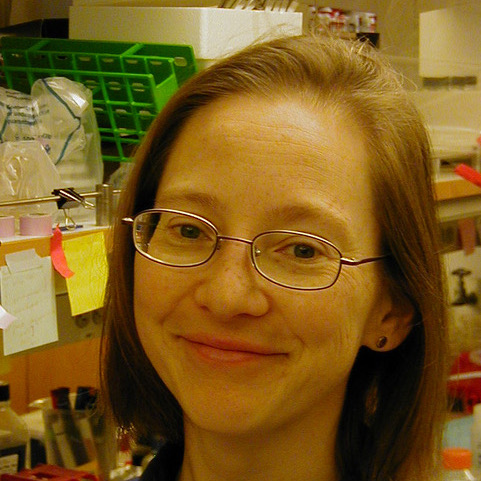 Sarah Sabatinos
Sarah SabatinosScience Officer S. pombe
Ryerson University, Toronto, Ontario, Canada
 Monte Westerfield
Monte WesterfieldScience Officer Zebrafish
University of Oregon, Eugene, OR USA
 Rex Chisholm
Rex ChisholmScience Officer Dictyostelium
Northwestern University, Chicago, IL USA
 Lukas Mueller
Lukas MuellerScience Officer Solanaceae
Cornell University, Ithaca, NY USA
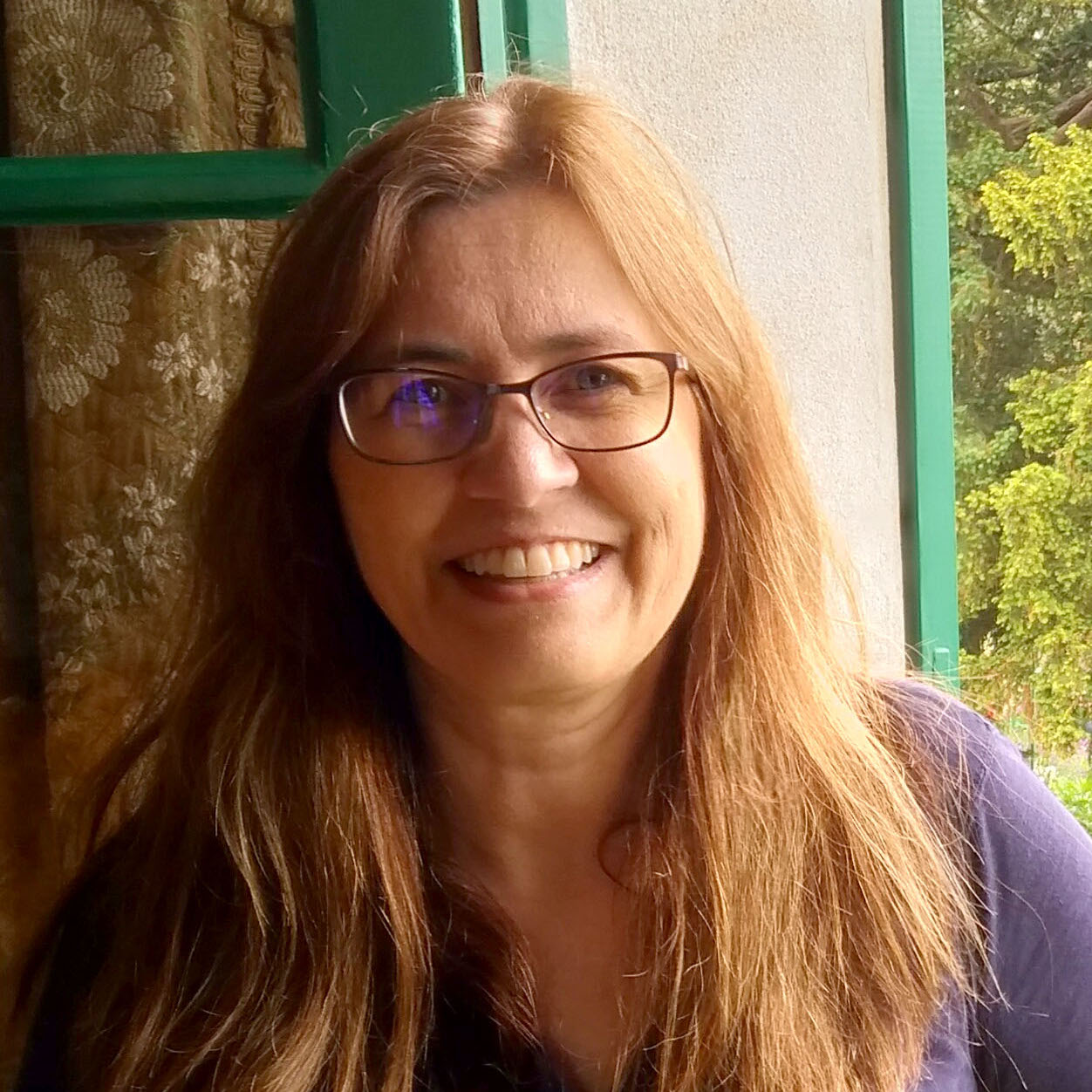 Ann Kirchmaier
Ann KirchmaierScience Officer S. cerevisiae
Purdue University, West Lafayette, IN USA
 Stacia Engel
Stacia EngelManaging Editor, Curator S. cerevisiae
Stanford University, Palo Alto, CA USA
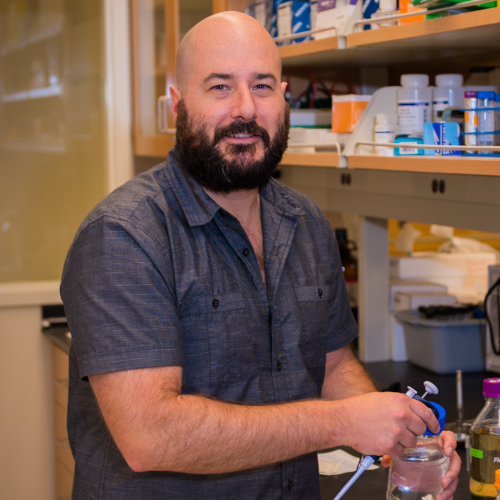 Michael Law
Michael LawScience Officer S. cerevisiae
Stockton University, Galloway, NJ USA
 Carson Andorf
Carson AndorfScience Officer Maize
MaizeGDB, USDA-ARS
 Joel Sussman
Joel SussmanScience Officer Structural Biology
Weizmann Institute of Science, Rehovot, Israel
 Jaime Prilusky
Jaime PriluskyProteopedia Editor Structural Biology
Weizmann Institute of Science, Rehovot, Israel
 Jacqueline Campbell
Jacqueline CampbellScience Officer, Curator Soybean
SoyBase, USDA-ARS
 Evelina Basenko
Evelina BasenkoScience Officer Fungi
University of Liverpool, Liverpool, England, United Kingdom
 Ksenija Gasic
Ksenija GasicScience Officer Rosaceae
Clemson University, Clemson, SC USA
 Susana Wadgymar
Susana WadgymarScience Officer Ecology and Evolution
Davidson College, Davidson, NC USA
 Stacy Farina
Stacy FarinaScience Officer Ecology and Evolution
Howard University, Washington, DC USA
 Robert J Williamson
Robert J WilliamsonScience Officer Ecology and Evolution
Rose-Hulman Institute of Technology, Terre Haute, IN USA
 Margaret Metz
Margaret MetzScience Officer Ecology and Evolution
Lewis & Clark College, Portland, OR USA
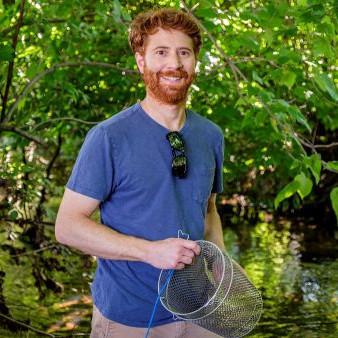 Santiago Salinas
Santiago SalinasScience Officer Ecology and Evolution
Kalamazoo College, Kalamazoo, MI USA
 Douglas Chalker
Douglas ChalkerScience Officer Ciliates
Washington University, St Louis, MO USA
 Paul Craig
Paul CraigScience Officer Computational Biology, Protein structure prediction
Rochester Institute of Technology, Rochester, NY USA
 Tsui-Fen Chou
Tsui-Fen ChouScience Officer Biochemistry
California Institute of Technology, Pasadena, CA USA
 Jared Leadbetter
Jared LeadbetterScience Officer Microbiology
California Institute of Technology, Pasadena, CA USA
 Anne Kwitek
Anne KwitekScience Officer Rat
Medical College of Wisconsin, Milwaukee, WI USA
- Sook Jung
Science Officer Genome Database for Rosaceae (GDR)
Washington State University, Pullman, WA USA
 Steph Nowostarki
Steph NowostarkiScience Officer, Curator Planarians
Stowers Institute for Medical Research, Kansas City, KS USA
 Guy Benian
Guy BenianScience Officer C. elegans
Emory University, Atlanta, GA USA
 Gary Gorbsky
Gary GorbskyScience Officer Cell Cycle
Oklahoma Medical Research Foundation, Oklahoma City, OK USA
Curators
 Chris Grove
Chris GroveCurator WormBase
California Institute of Technology, Pasadena, CA USA
 Stavros Diamantakis
Stavros DiamantakisCurator
EMBL-EBI, Hinxton, Cambridge, England, United Kingdom
 Raymond Lee
Raymond LeeCurator WormBase
California Institute of Technology, Pasadena, CA USA
 Ranjana Kishore
Ranjana KishoreCurator WormBase
California Institute of Technology, Pasadena, CA USA
 Rex Nelson
Rex NelsonCurator Soybase
USDA-ARS
 Naomi Stover
Naomi StoverCurator Tetrahymena Genome Database
Bradley University, Peoria, IL USA
 Valerie Wood
Valerie WoodCurator PomBase
University of Cambridge, Cambridge, UK
 Pascal Carme
Pascal CarmeCurator PomBase
University College London, London, UK
- Constance Smith
Curator Mouse Genome Informatics
The Jackson Laboratory, Bar Harbor, ME USA
 Jing Yu
Jing YuCurator CottonGen
Washington State University, WA USA
 Shur-Jen Wang
Shur-Jen WangCurator Rat Genome Database
Medical College of Wisconsin Milwaukee, WI USA
 Holly Paddock
Holly PaddockCurator ZFIN
University of Oregon, Eugene, OR, USA
 Steven Marygold
Steven MarygoldCurator D. melanogaster
University of Cambridge, Cambridge, UK
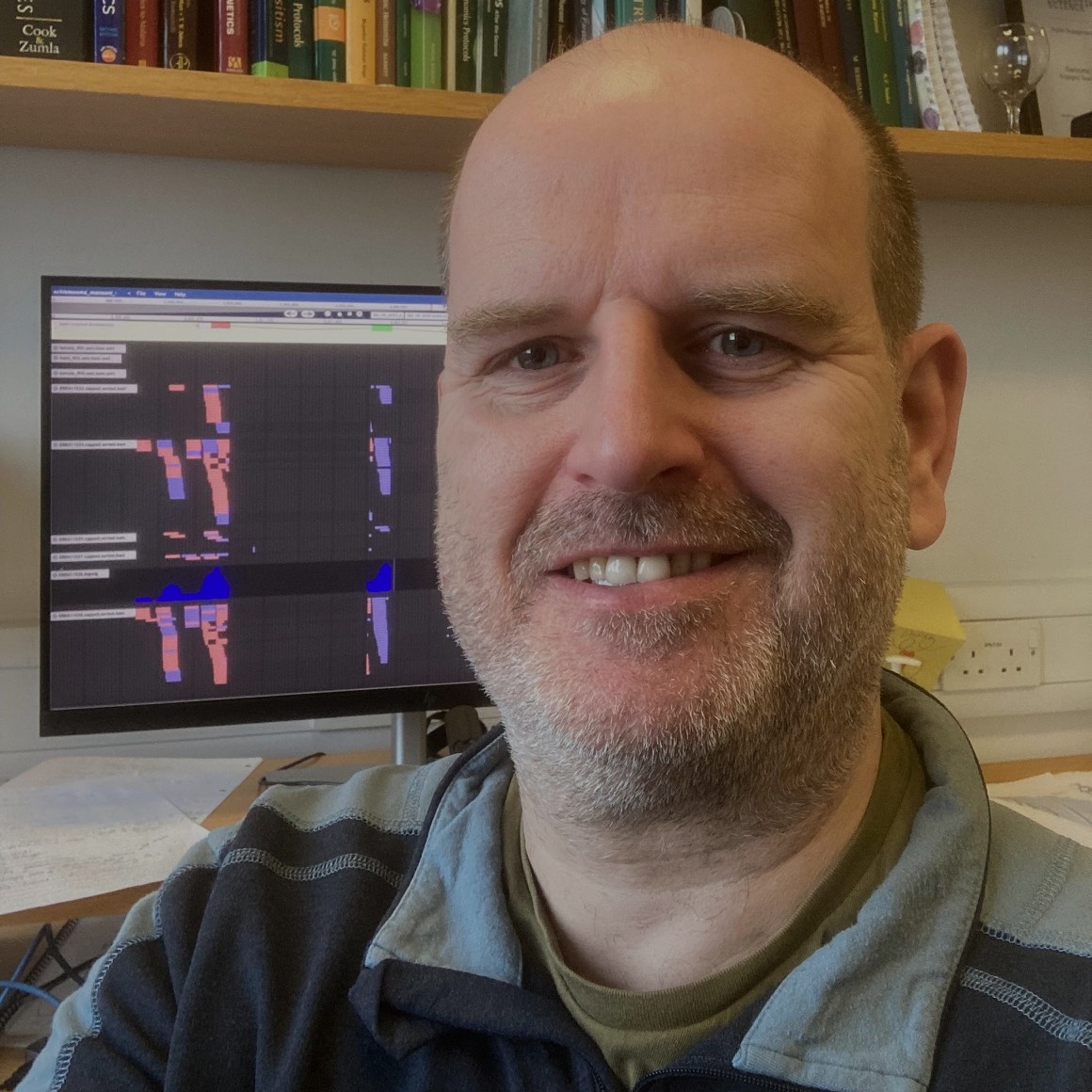 Matthew Berriman
Matthew BerrimanCurator Parasite Genomics
University of Glasgow, Glasgow, UK
- Aoife Larkin
Curator D. melanogaster
University of Cambridge, Cambridge, UK
- Gillian Millburn
Curator D. melanogaster
University of Cambridge, Cambridge, UK
- Robert Dodson
Curator Dictyostelium
Northwestern University, Chicago, IL USA
- Wei-Chia Tseng
Curator Zebrafish
University of Oregon, Eugene, OR USA
- Jodi Humann
Curator Citrus
Washington State University, Pullman, WA USA
- Chuck Ettensohn
Curator Sea urchin
Carnegie Mellon University Pittsburgh, PA USA
Alumni
 Sarah Torres
Sarah TorresPublishing Editor
California Institute of Technology, Pasadena, CA USA
 Andy Golden
Andy GoldenScience Officer C. elegans
The National Institute of Diabetes and Digestive and Kidney Diseases, Bethesda, MD USA
 Lisa Harper
Lisa HarperManaging Editor Maize
MaizeGDB, USDA-ARS
- Todd Harris
Technology and Operations Manager
Ontario Institute for Cancer Research, Toronto Canada
 Claire Wright-Coleman
Claire Wright-ColemanAdministrative Assistant
California Institute of Technology, Pasadena, CA USA
 Petra Fey
Petra FeyManaging Editor, Curator Dictyostelium
Northwestern University, Chicago, IL USA
- Paul Davis
Curator C. elegans
Wellcome Sanger Institute, Cambridge, UK
- Madeline Crosby
Curator D. melanogaster
Harvard University, Cambridge, MA USA
- Manuel Lera Ramirez
Curator PomBase
University College London, London, UK

